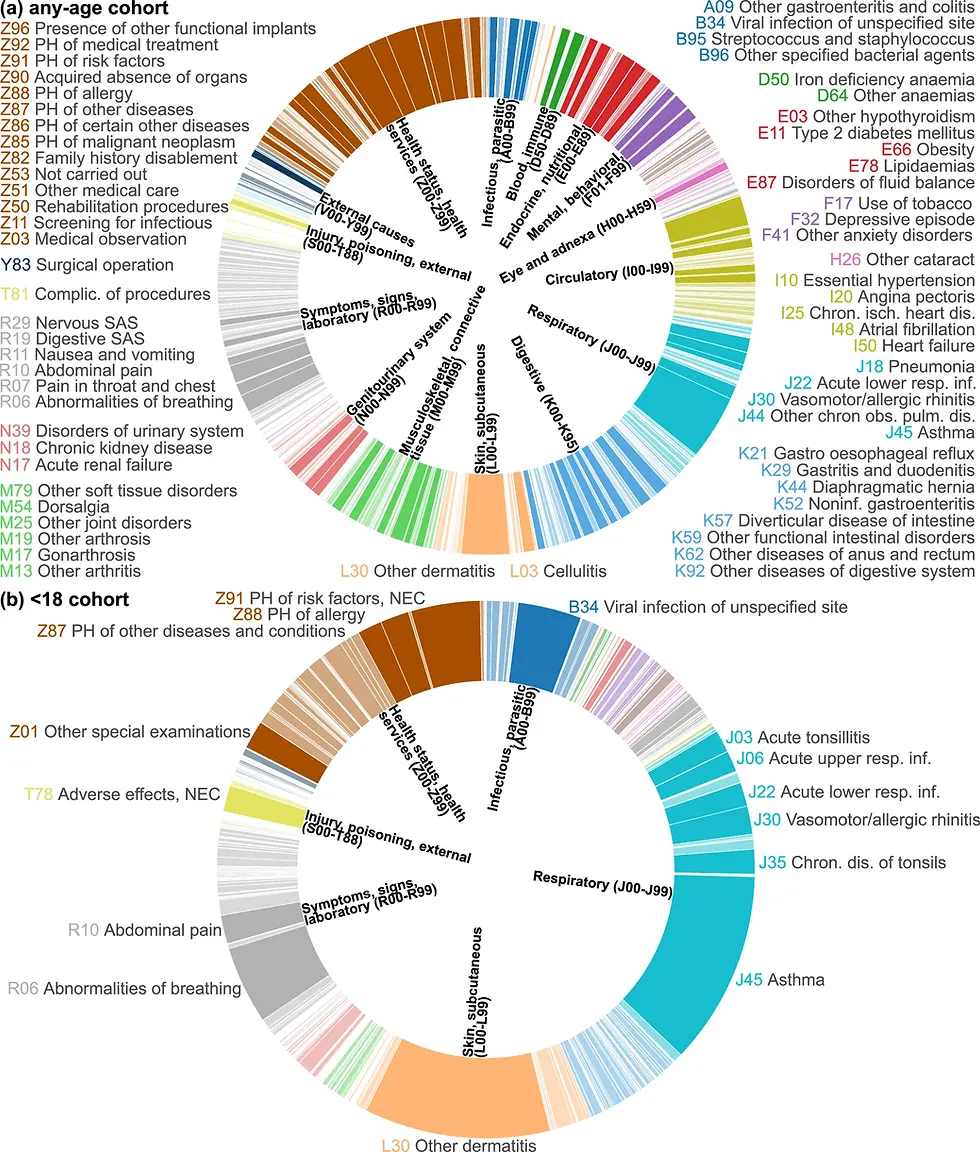Dupilumab improves blood vessel barrier function in AD
- John Evans
- Sep 1, 2023
- 2 min read

In a recent study, researchers at National Jewish Health investigated the impact of dupilumab on the vascular barrier function in patients with atopic dermatitis (AD). The study found that the medication helped treat eczema by strengthening the vascular walls.
These findings were published in The Journal of Allergy and Clinical Immunology: In Practice.
In the paper, the authors note patients with AD often have vascular changes that lead to infiltration of proteins from the blood into their skin and have symptoms such as oozing, bleeding, infection, and redness.
“Treatment of eczema is imperative because patients with this disease have a leaky skin barrier, which allows allergens to come in through the skin,” said the paper’s first author, Donald Leung, MD, PhD, in a press release. “Allergens coming through the skin barrier can lead to a condition we refer to as the atopic march. The atopic march describes a progression of allergic diseases that often begins with very young children having atopic dermatitis (eczema), and then developing food allergies, asthma, and hay fever later in childhood and as adults.”
Dr. Leung is head of Pediatric Allergy & Clinical Immunology at National Jewish Health in Denver.
To explore the potential impact of dupilumab treatment on vascular permeability, the investigators evaluated the plasma protein composition in skin tapes of lesional and non-lesional skin taken from adults and adolescents with moderate-to-severe AD. The tapes were collected over the course of a 16-week treatment with dupilumab and compared to tapes from matched healthy subjects.
The findings showed that AD caused the blood vessels in the skin to be more permeable, as measured by water loss and blood proteins appearing in the skin. After 16 weeks, the dupilumab helped significantly reduce many blood proteins that could be detected in diseased skin, indicating that it helps strengthen blood vessels throughout the body. The authors note strengthening the blood vessels helps reduce water loss in AD patients as well as lowering the risk of Staphylococcus aureus infections.
“These findings demonstrate for the first time a new action of dupilumab: improved barrier function of blood vessels in atopic dermatitis,” said Dr. Leung.




Comments